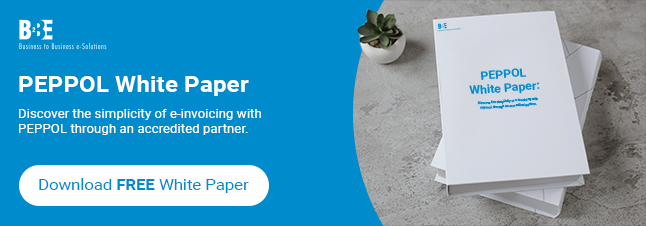With the growing shift toward digital transformation, many businesses are adopting e-invoicing to streamline processes and reduce inefficiencies. One of the key promises of e-invoicing is the ability to minimise payment delays, a persistent issue that impacts cash flow and overall business operations.
Poll results
In our most recent LinkedIn poll, we asked our followers if they have experienced a reduction in payment delays after switching to e-invoicing.
Have you experienced a reduction in payment delays after switching to e-invoicing?
- Yes, significantly
- Yes, slightly
- No change
- Not using e-invoicing
Yes, significantly
60% of respondents reported that e-invoicing has greatly reduced payment delays. For many businesses, the automatic delivery and real-time tracking capabilities of e-invoicing have led to faster payments and more predictable cash flow. By eliminating manual processes, such as printing and mailing paper invoices, businesses are now able to send invoices directly to their customers in a digital format, reducing processing time and human error. This substantial shift shows that for many, e-invoicing is proving to be an efficient solution to combat payment delays.
Yes, slightly
Another 20% of respondents have seen a slight improvement in payment times since switching to e-invoicing. While the improvement is not as drastic as those in the first group, these businesses have still benefited from the automation and streamlined processes e-invoicing provides. Perhaps for these companies, additional optimisation steps, such as integrating with accounting software or ensuring better supplier onboarding, may help them experience even greater improvements in the future.
Learn more about the advantages of e-invoicing:
No change
None of the respondents reported no change in payment delays. This highlights that e-invoicing, at the very least, brings some form of improvement in the payment cycle, even if the results may vary from business to business. The fact that no respondents marked this option suggests that businesses generally acknowledge the positive impact e-invoicing has on reducing delays.
Not using e-invoicing
A surprising 20% of respondents admitted they are not using e-invoicing. In an era where digital tools are increasingly necessary for operational efficiency, businesses that have yet to implement e-invoicing may be missing out on key benefits. These include faster payments, reduced manual errors, and better visibility into the status of invoices. For those businesses, transitioning to e-invoicing could unlock significant gains, especially in reducing payment delays.
Learn more about our E-facturatie voor klanten, E-facturatie voor leveranciers en PEPPOL solutions to support your invoicing processes.
Meer informatie
B2BE's ervaring in de toeleveringsketensector stelt onze klanten in staat met succes te bouwen, uit te breiden en zich aan te passen, waardoor een grotere effectiviteit mogelijk is. Om in contact te komen met B2BE en feedback te geven over wat voor u en uw bedrijf het belangrijkst is, kunt u het volgende doen volg ons op LinkedIn en via sociale media. U kunt ook Stem in onze laatste LinkedIn poll. Als u uw supply chain-strategie wilt bespreken, contact opnemen met ons.

